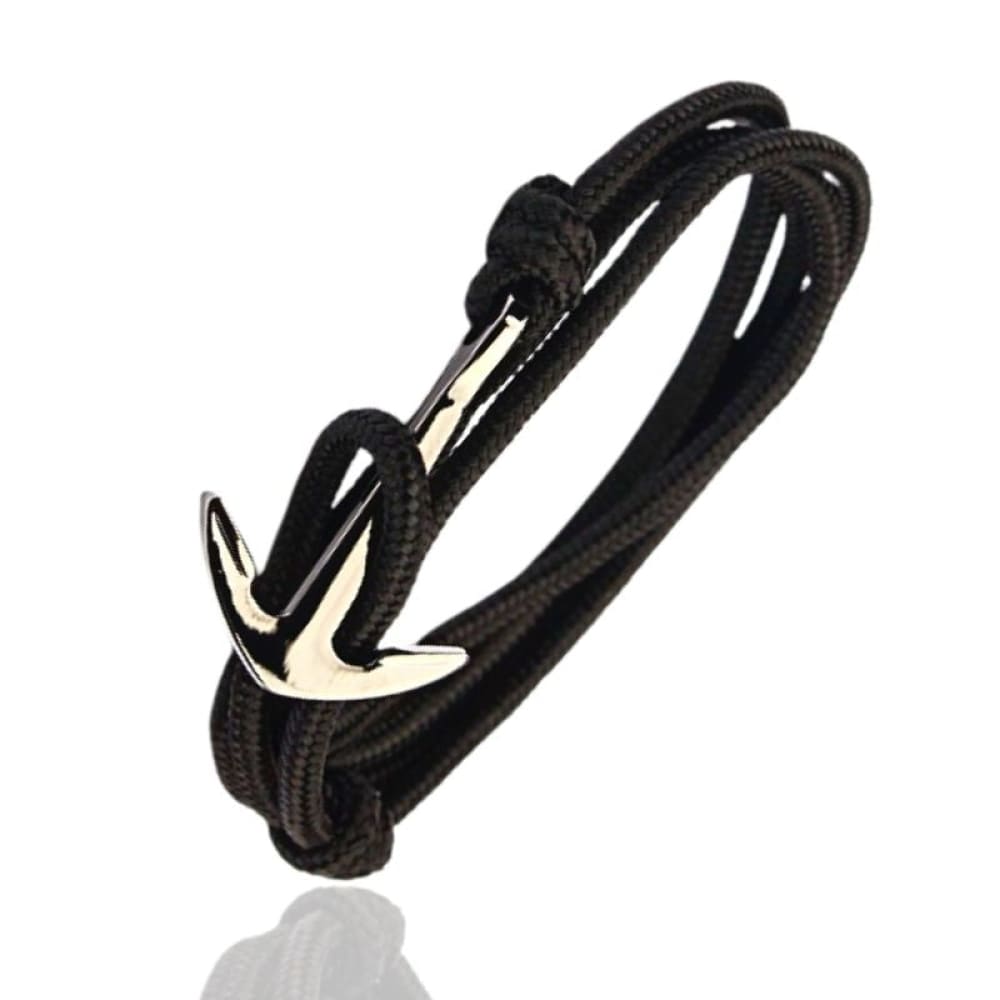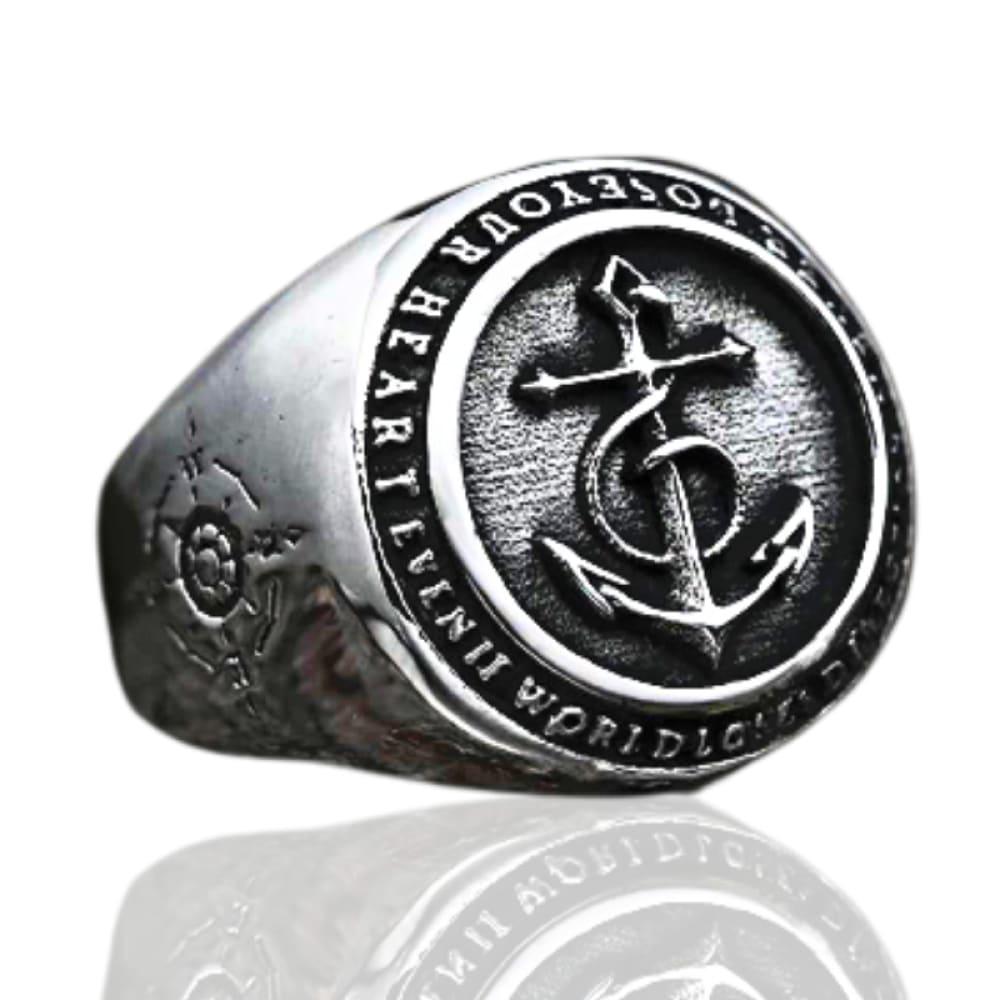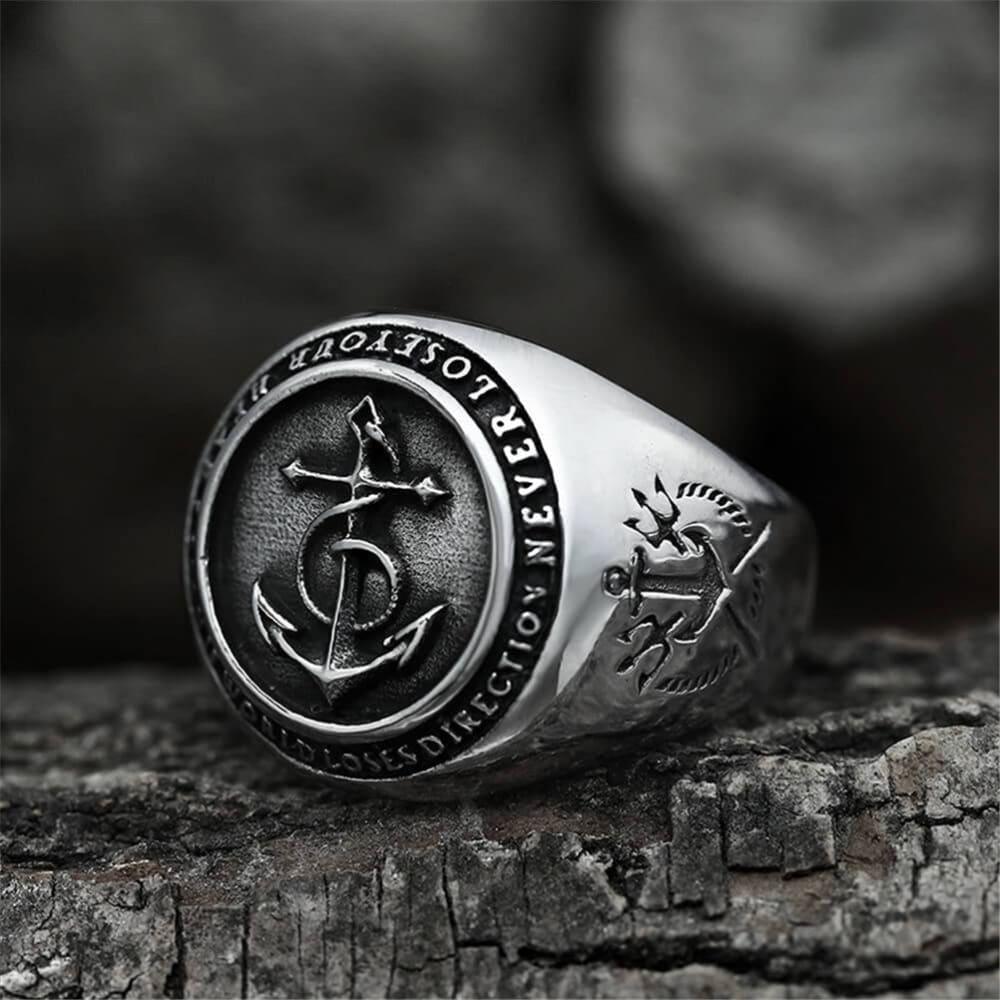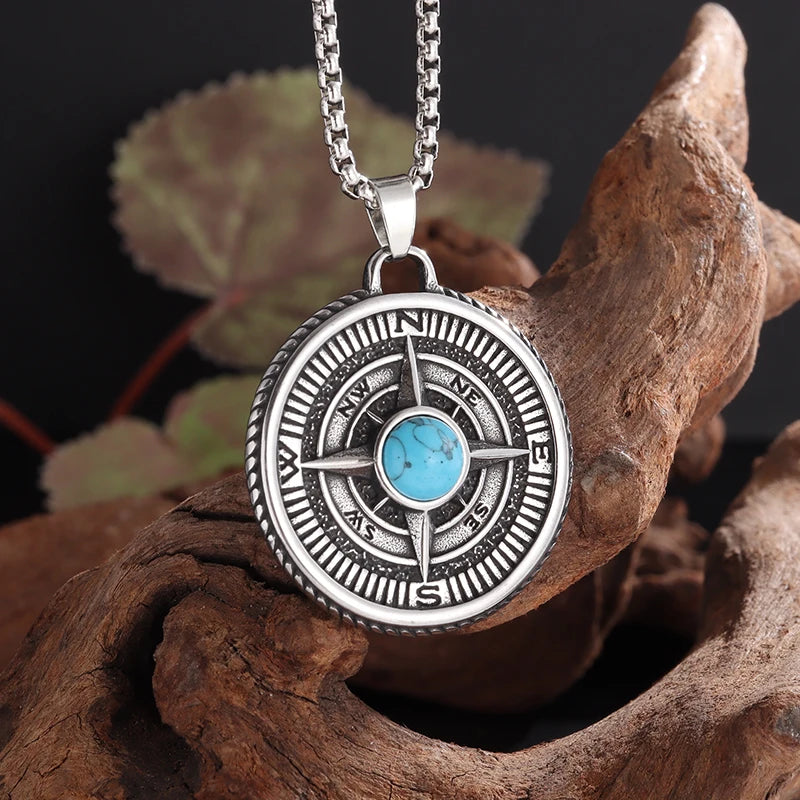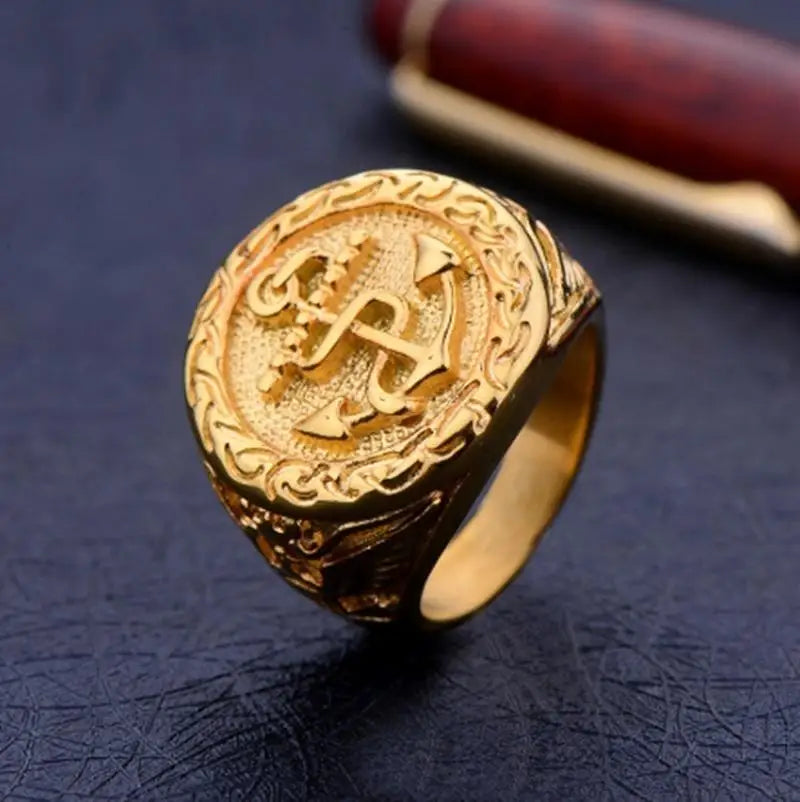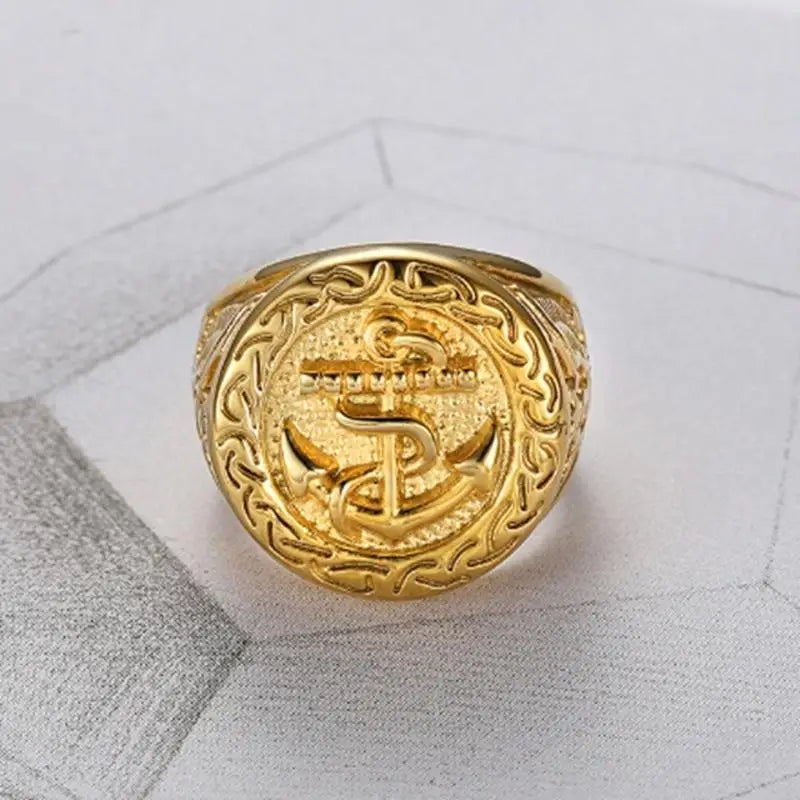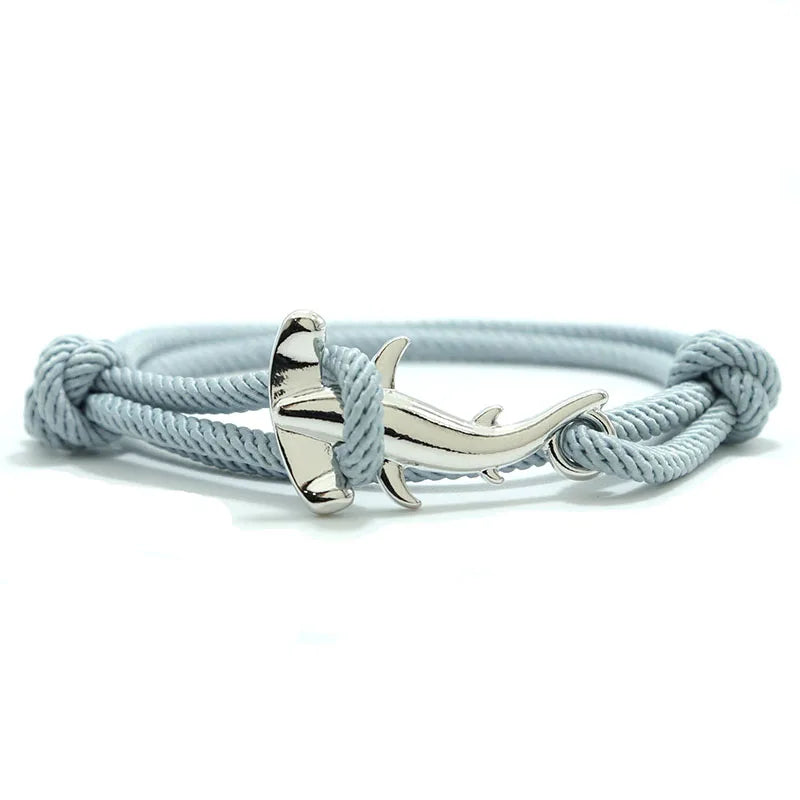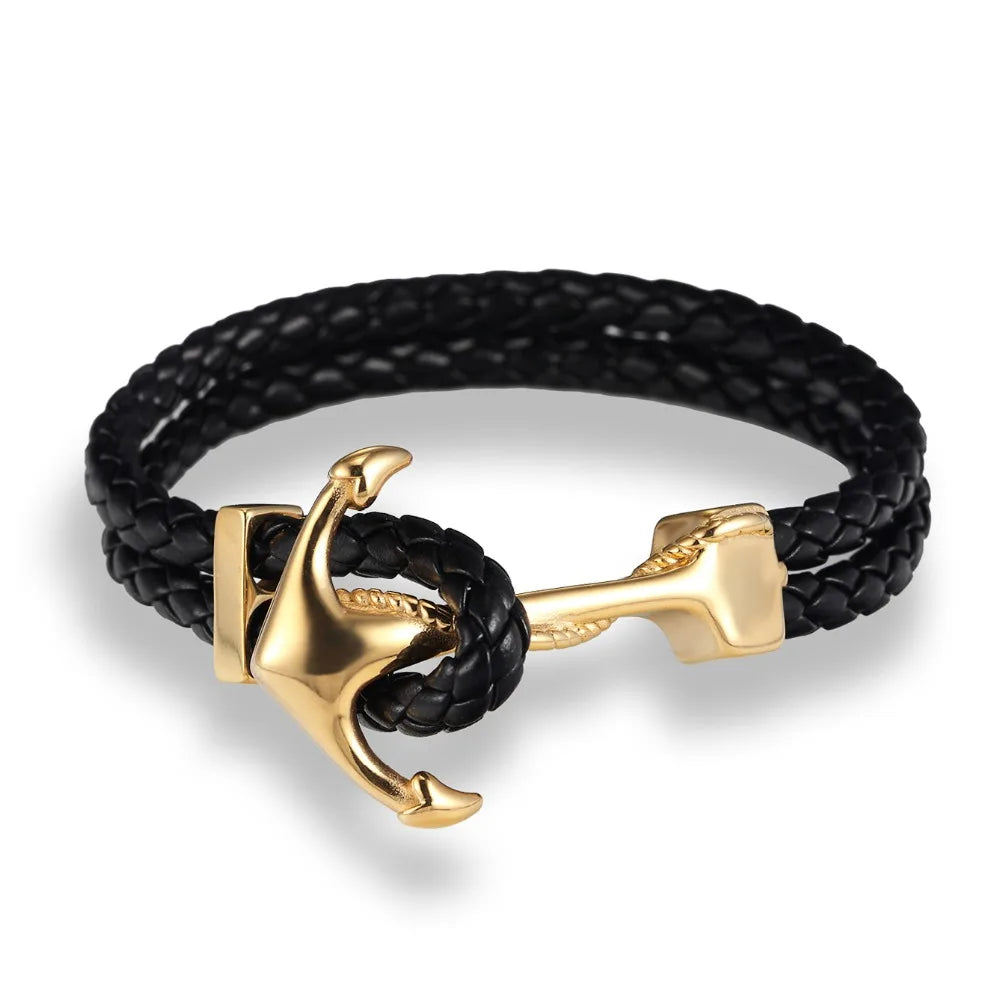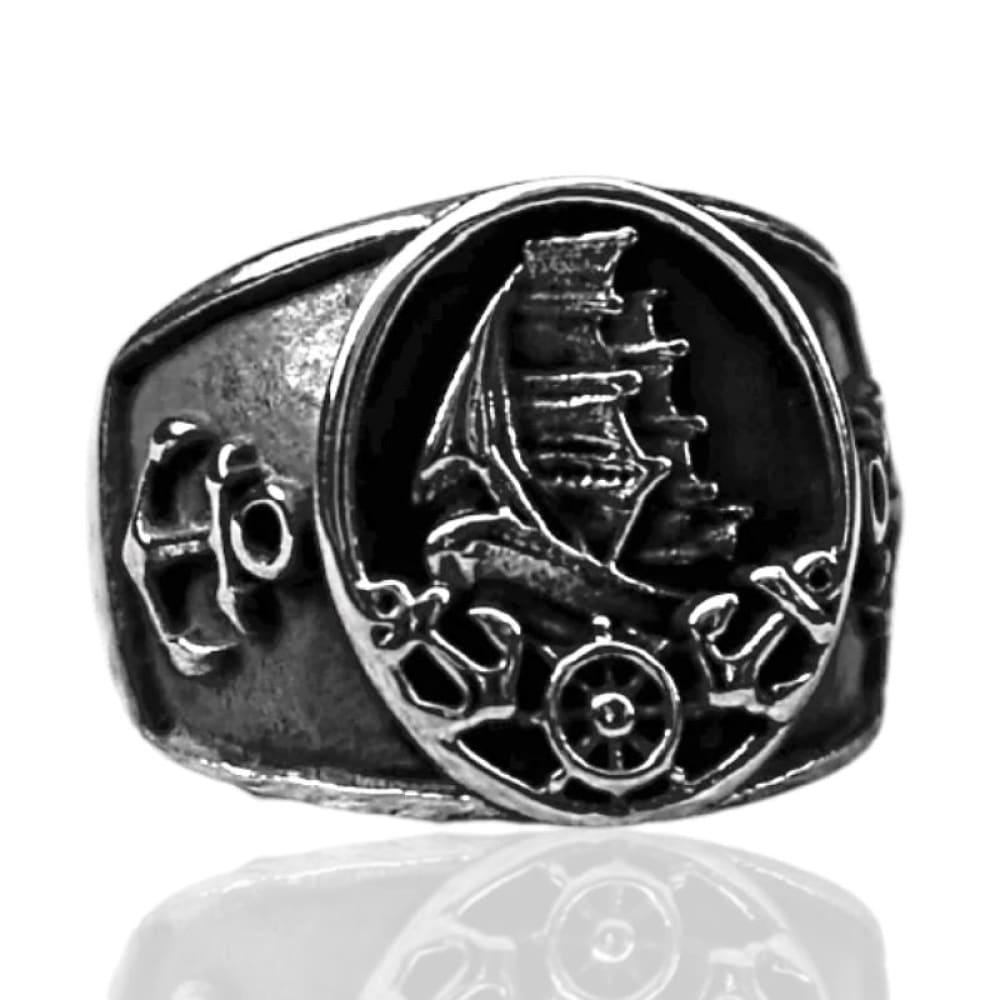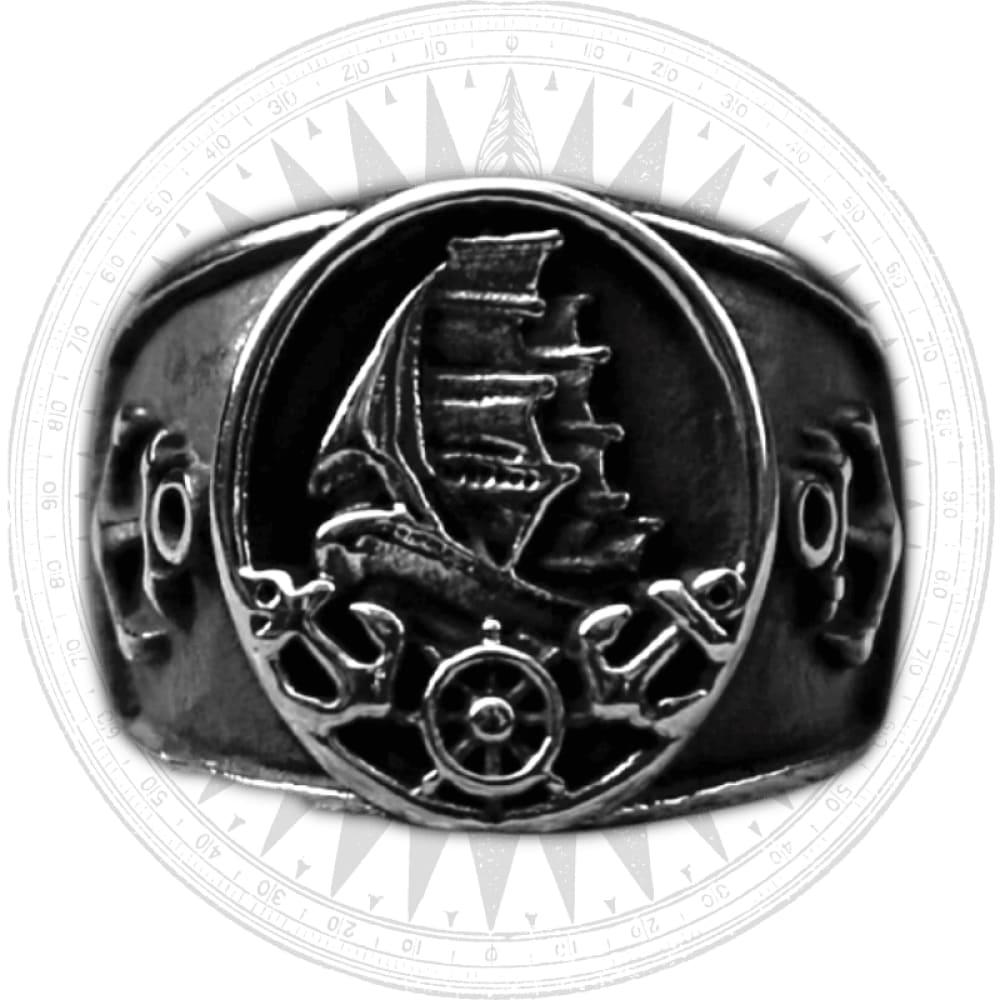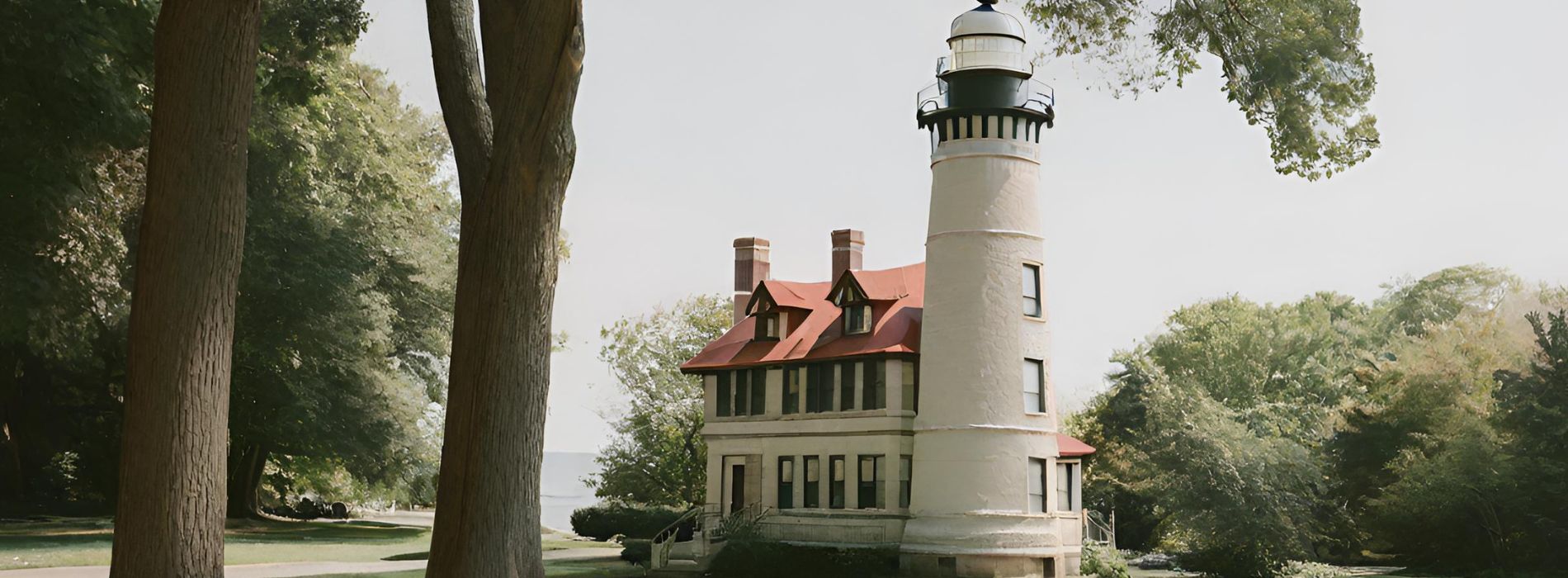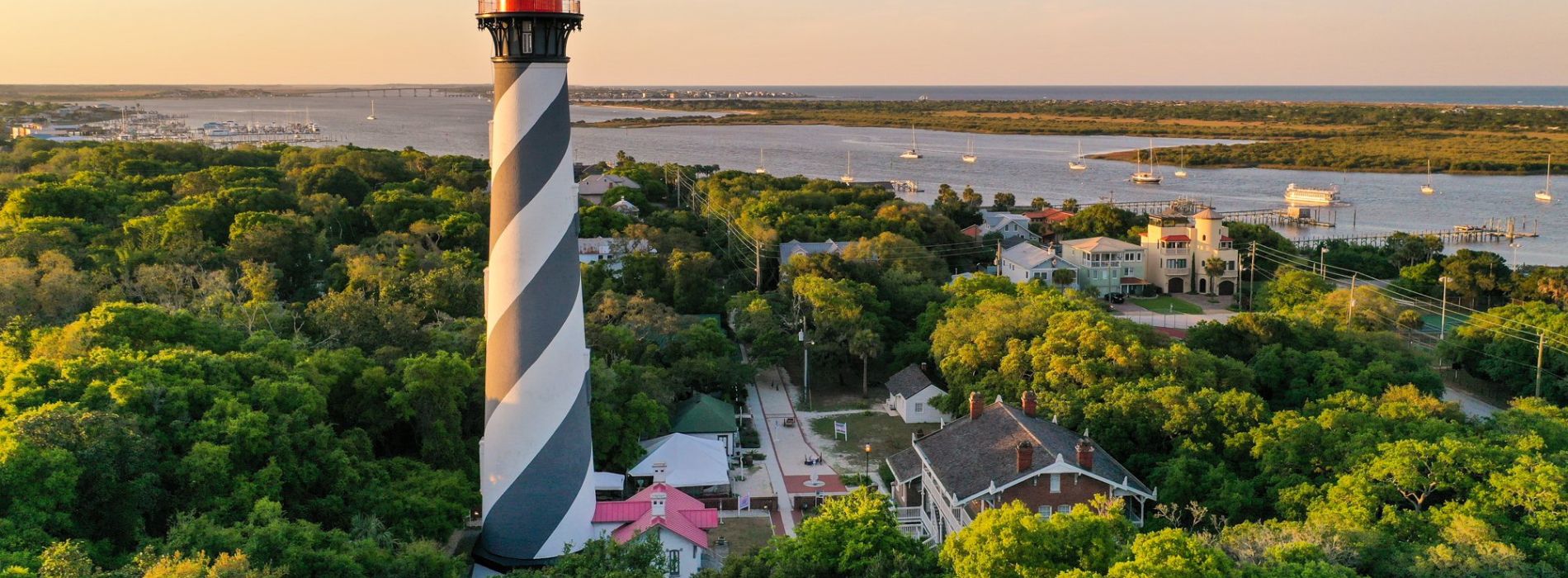Christopher Columbus' Voyages to the New World
In the late 15th century, Christopher Columbus embarked on a series of historic voyages that would forever change the world. His expeditions to the New World opened up new opportunities for exploration, trade, and the discovery of untold riches. Join us as we delve into the fascinating story of Christopher Columbus and his remarkable journeys across the vast oceans.
Setting Sail on the Unknown Seas
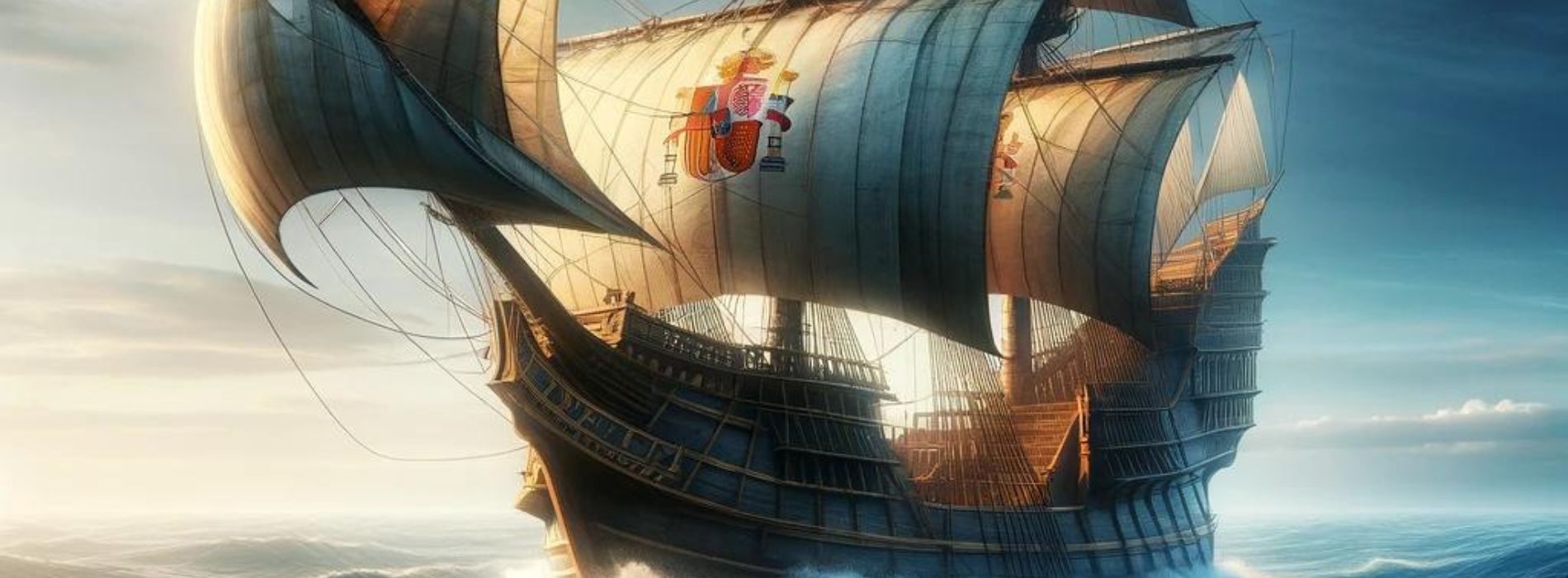
Christopher Columbus, an Italian explorer, set sail from Spain in 1492 with a clear vision in mind - to find a new route to Asia. With the support of Queen Isabella and King Ferdinand, he ventured into uncharted waters, determined to reach the rich lands of the East. Despite facing numerous challenges, including treacherous weather and dwindling supplies, Columbus and his crew pressed on with unwavering determination.
Days turned into weeks, and weeks turned into months as they sailed across the vast Atlantic Ocean. Finally, on October 12, 1492, they sighted land. Columbus and his crew had arrived in the New World, believing they had reached the eastern shores of Asia. Little did they know, they had stumbled upon a whole new continent - America.
Unveiling the Unknown Continent
Upon reaching the New World, Columbus encountered unfamiliar landscapes filled with lush greenery and an abundance of wildlife. This discovery sparked a wave of excitement and curiosity among both the explorers and the European powers back home. Everyone wanted a piece of the newfound riches and sought to colonize these lands.
Despite the significance of his voyages, Columbus' arrival in the New World also had a devastating impact on the indigenous peoples who had inhabited the land for centuries. The ensuing years would witness colonization, slavery, and the eradication of native cultures, forever altering the course of history.
However, it is essential to recognize the role Columbus' voyages played in bridging the gap between two worlds and shaping the future of exploration. They paved the way for further expeditions and led to the exchange of goods, ideas, and cultures between Europe and the Americas.
A Legacy That Continues to Inspire
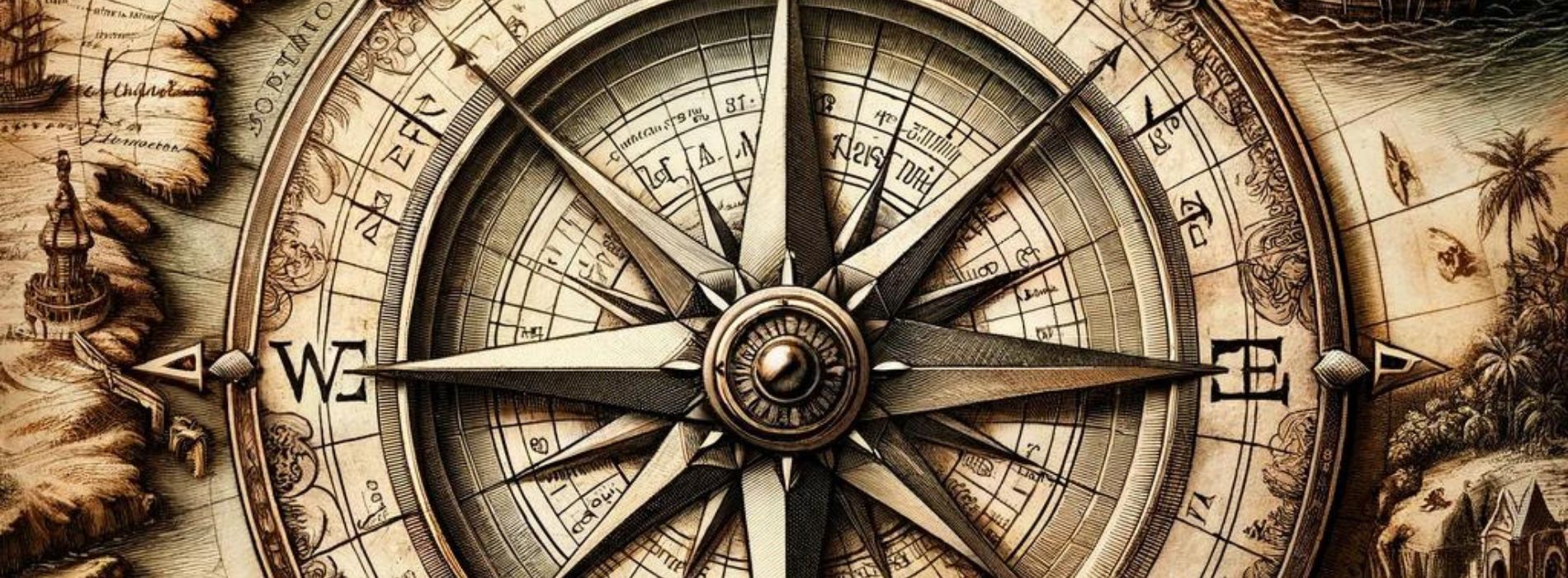
The legacy of Christopher Columbus' voyages is undeniable. His intrepid spirit and unwavering determination continue to inspire generations of explorers and adventurers. Celebrated as a symbol of discovery, Columbus remains an icon in maritime history, reminding us of the boundless possibilities that lie beyond the horizon.
If you share a passion for the sea and its vast mysteries, our nautical jewellery, clothing, and decorations serve as a reminder of the remarkable journeys undertaken by explorers like Christopher Columbus. Embrace the spirit of adventure and celebrate the rich maritime heritage in your own unique way.
Exploring New Horizons: The Impact of Columbus' Voyages
Christopher Columbus' voyages not only marked a turning point in history but also brought about significant changes in various aspects of life. Let's delve deeper into two key dimensions affected by Columbus' expeditions - trade and cultural exchange.
A Gateway to Global Trade
Columbus' voyages opened up new trade routes that connected the Old World with the New. The discovery of abundant resources in the Americas, such as gold, silver, and fertile lands, gave rise to a thriving global trade network. European powers eagerly sought to exploit these resources, leading to the establishment of colonies and the development of an extensive trading system.
The exchange of goods and commodities between Europe and the Americas brought wealth and prosperity to both sides. The New World became a vital source of raw materials, while Europe offered manufactured goods in return. This flourishing trade network laid the foundation for the modern global economy we know today.
Furthermore, Columbus' voyages also had an unintended consequence - the Columbian Exchange. The exchange of plants, animals, and diseases between the Old and New Worlds forever transformed the biodiversity of both continents. Introducing crops such as maize and potatoes to Europe revolutionized agriculture, while diseases brought by Europeans had devastating effects on indigenous populations.
Cultural Encounter and Exchange
One of the most profound impacts of Columbus' voyages was the encounter and subsequent exchange of different cultures. The meeting of European and Native American civilizations gave birth to a new era of cultural interchange. Europeans were introduced to new foods, music, artwork, and belief systems, while Native Americans adopted certain aspects of European culture.
Furthermore, Columbus' voyages marked the beginning of the Atlantic slave trade, as Europeans brought enslaved Africans to work in their colonies. This dark chapter in history led to the forced migration of millions, shaping the cultural landscape of the Americas and beyond.
Today, the cultural legacy of these interactions can be seen in the rich diversity of languages, religions, and customs across the Americas. We celebrate the exchange and blending of cultures, recognizing the vibrant tapestry that makes our world truly unique.
Legacy of Exploration: Celebrating Columbus' Voyages
The impact and legacy of Christopher Columbus' voyages extend beyond trade and cultural exchange. Let's explore two additional aspects that have shaped our understanding of the New World and its significance.
Mapping New Territories
Columbus' voyages were not only instrumental in discovering the New World but also in mapping out previously unknown territories. His meticulous navigation and cartographic skills paved the way for future explorations and the creation of more accurate maps.
Through his voyages, Columbus expanded the known boundaries of the world, challenging the prevailing beliefs of the time. His maps revolutionized our understanding of geography and shaped the way we perceive the world around us.
Today, we can admire the detailed maps of the New World, marveling at how Columbus' journeys led to a more comprehensive understanding of our planet and its vast oceans.
Inspiring Future Explorations
Christopher Columbus' voyages inspired countless explorers who followed in his footsteps. Their fearless spirit and relentless pursuit of knowledge led to further discoveries and advancements in navigation, shipbuilding, and the broader field of exploration.
The legacy of Columbus' voyages can be seen in subsequent expeditions, such as those of Ferdinand Magellan, Vasco da Gama, and James Cook. These explorers built upon his achievements and explored new frontiers, leaving their own indelible marks on history.
Today, we continue to honor the spirit of exploration and adventure that Christopher Columbus embodied. We celebrate his voyages not only for the historical significance they hold but also for the inspiration they provide to discover the world around us.
In conclusion, Christopher Columbus' voyages to the New World were a testament to the human spirit of curiosity and enterprise. While their impact was complex and far-reaching, we must acknowledge the contributions and challenges that arose from these journeys. Let us cherish the legacy of exploration and honor the beauty of the sea, forever grateful for the adventures that lie ahead.


